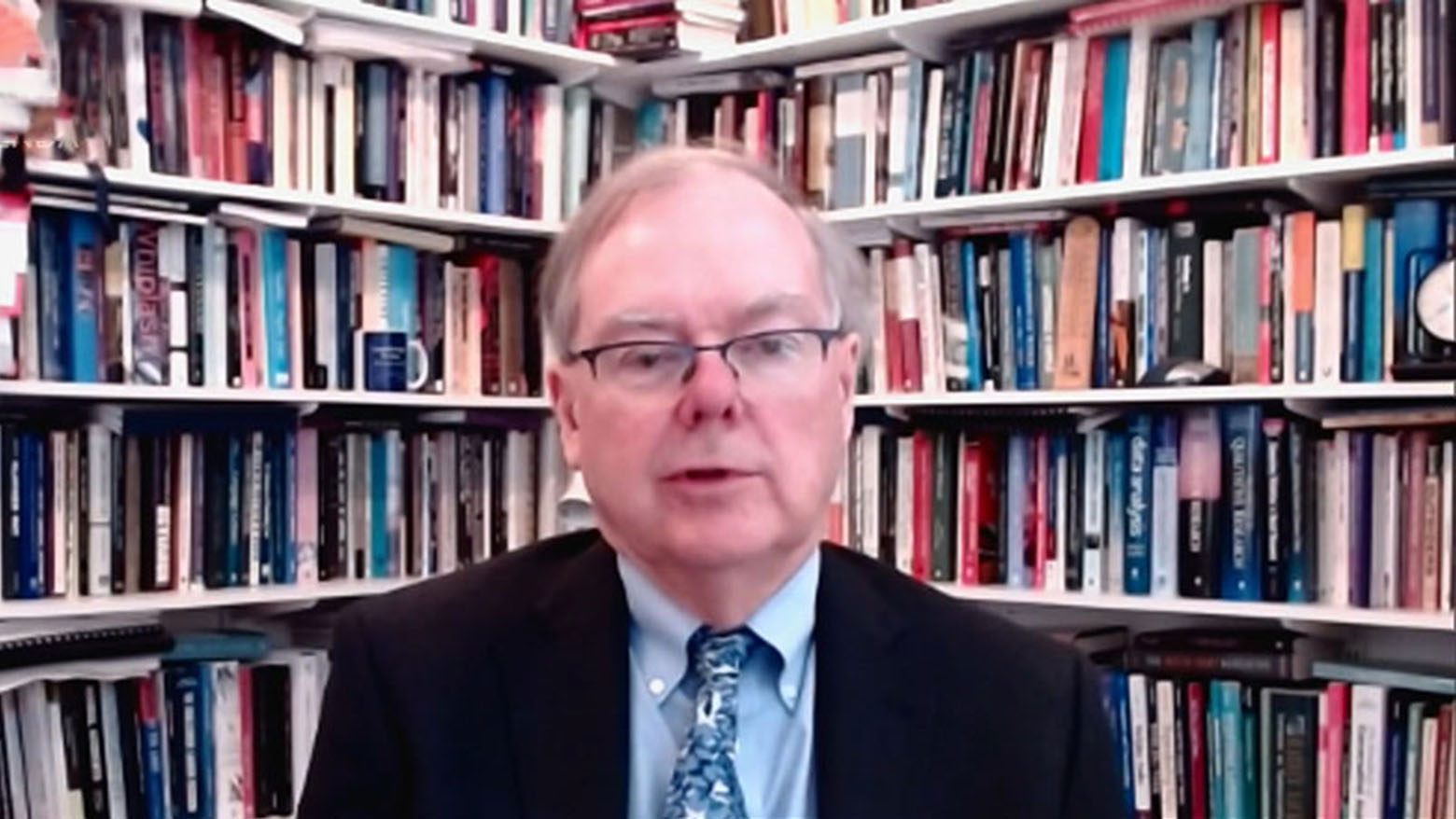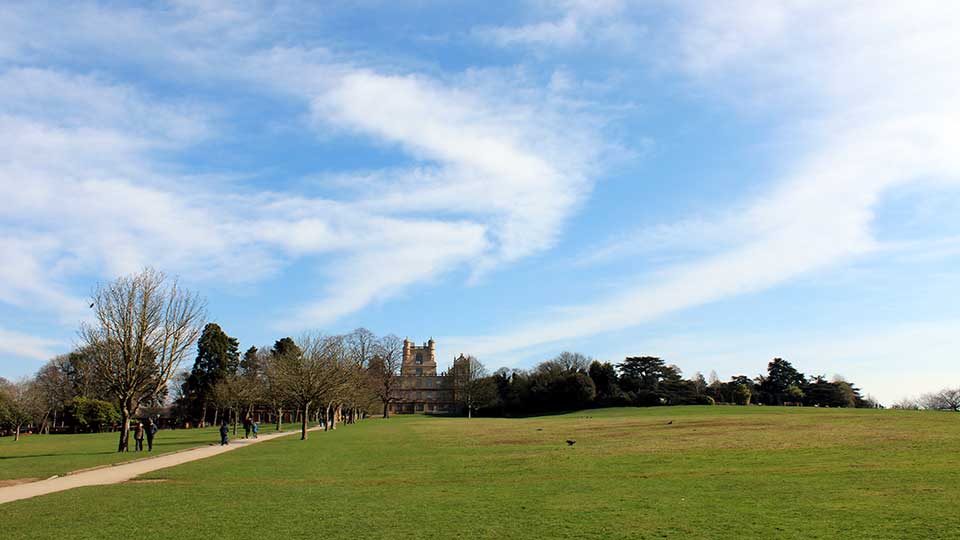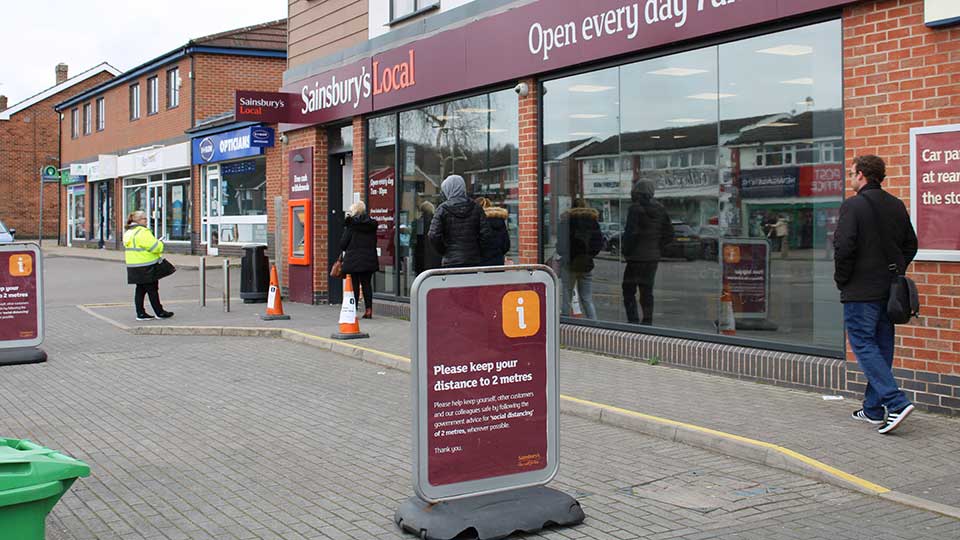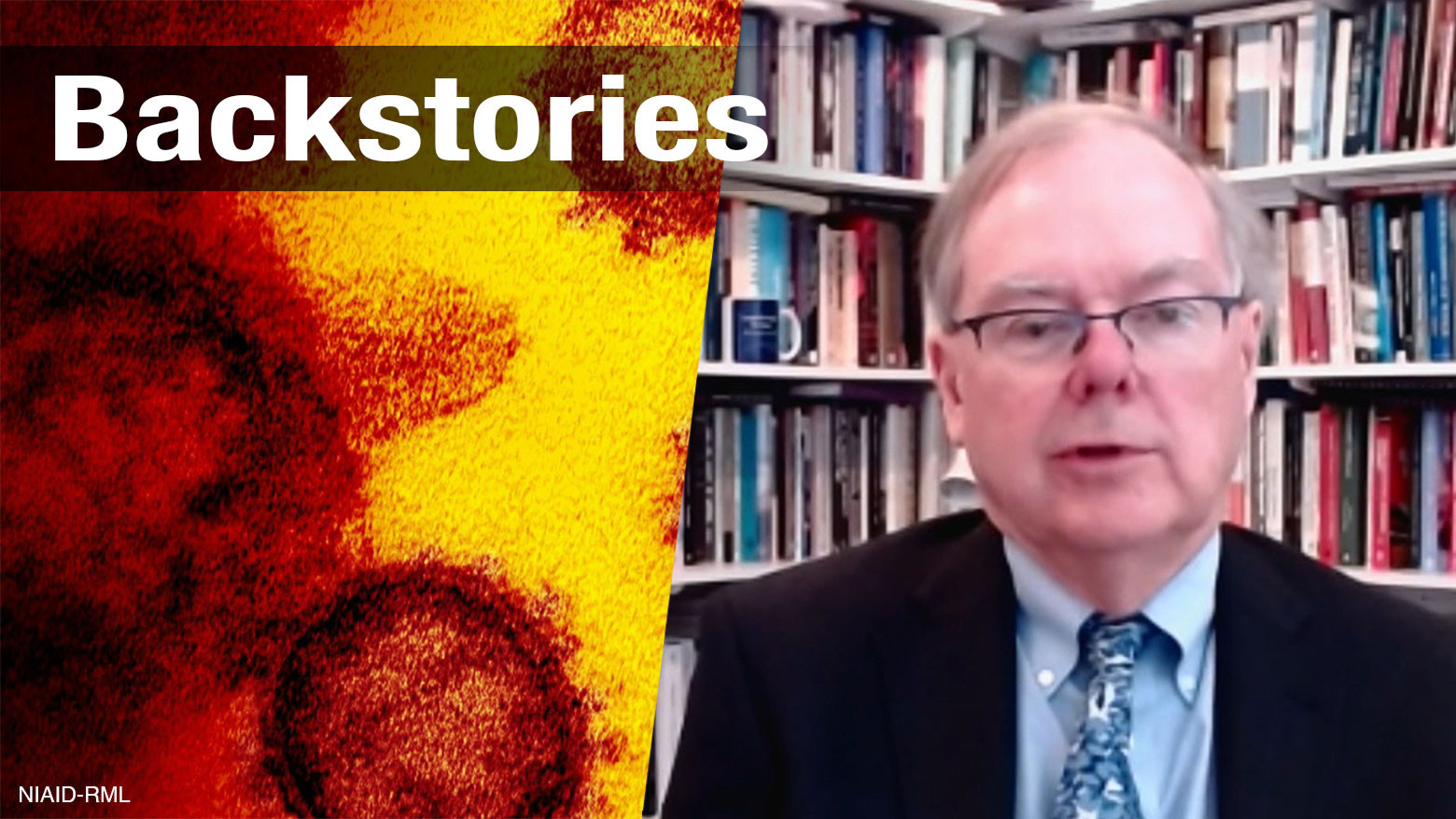Ebara: How have the British people been reacting to the lockdown measures so far?
Dingwall: Lockdown is revealing a lot of existing tensions in society. It’s very much a policy that’s made by people who have big houses and big gardens and imposed on people who don’t. That’s exposing quite a lot of conflict over the use of public space, the powers and actions of the police, and to some extent, over the evidence base that’s being used in the social distancing policy. And I think that we are on the cusp of quite significant dissatisfaction, tensions between the population and the state, over the actions that are being taken.
I detect increasing nervousness in government about the ability to sustain lockdown for very much longer. We should remember that people pay a very high price in terms of mental health and physical health for the measures that are being taken and that needs to be seen as proportionate to the benefits that they’re delivering. And we also have to think about the wider social and economic impact. What kind of society are people going to come back to? And again, there are reports of tensions in government between the public health agenda of, do we try to save as many lives as possible, and the social and economic agenda, which is asking if we try to save every life, and what kind of a country is left at the end of this experience? And that’s an unresolved tension and perhaps one that isn’t being sufficiently discussed with the public.

Ebara: Do you think the government policies are working to contain the virus?”
Dingwall: Well, it is working but the problem is that we don’t know which bits of it are working and that’s now a problem which in fact most European countries are facing. Having locked everything down, we really have no idea how to release that lockdown in a safe and planned fashion. It’s certainly increasingly apparent that some aspects of it like school closures have a very flimsy evidential basis. And school closures, according to a study, really aren’t contributing very much to containing the spread of infection but they are imposing a huge economic and social cost on families, parents, the ability of the economy to function.

Ebara: You’re a government advisor on pandemic policy. Was the UK ready for this possibility?”
Dingwall: The UK was more prepared than most European countries. A global influenza pandemic was identified as one of the most serious threats to the country at around 2000, 2001 and there was very extensive work on pandemic influenza planning that went on in 2005 to 2007. It fed into the 2009 H1N1 pandemic and was reviewed again afterwards. We’ve been waiting for this day for 20 years and although the characteristics of the virus are slightly different, they’re sufficiently similar that the work that had gone into planning and preparation was quite relevant as a starting point which could then be fine-tuned as the pandemic developed.
Where I think we’ve had a problem in the UK has partly been the effects of austerity on the public health services, partly the distraction of government and civil service over the Brexit issue, and the transfer of resources that are dealing with that. And partly that the pandemic arrived at a time where we had a new and inexperienced government which was engaged in a certain amount of conflict with the media. And some of those things I think contributed to a slow start. They didn’t necessarily undermine the value of the planning work that had gone on and the distinctively UK approach of treating this as a cross-government issue. Most other European countries labelled it as a Ministry of Health problem. The UK has always approached it as something that involves every aspect of government and society. We didn’t just reach for the traditional public health remedies, and the straightforward response of quarantine and quarantine-like measures, and attempted a more nuanced approach.
But I think we underestimated the difficulty of sustaining that in an age of social media, an age of celebrity journalism where the coverage got taken over very quickly by political journalists rather than science and health journalists, and their incessant demands for relatively simplistic measures that were copying what everybody else was doing rather than recognizing that we’d actually thought about a lot of these things, and decided that the benefits were not necessarily proportionate to the costs, or that there wasn’t really adequate scientific evidence to justify the measures involved.
Ebara: The world has been pushing for free movement of people, goods and money with the promotion of global tourism in recent decades. In the aftermath of the pandemic, do you think the British people may change their views on globalization?”
Dingwall: One of the problems is that we’ve not really had an adequate sense of history in dealing with this. From the point of view of the virus, human and animal populations are indistinguishable, and diseases have crossed those boundaries for millions and millions of years. But somehow in the 21st century, we’ve come to think that the laws of nature no longer apply to us, that we have this incredible scientific and technical capacity that enables us to dominate the natural world in a way that would have been quite alien to previous generations.
We also have this conceit about globalization that somehow it’s a new kind of phenomenon. If you go back to 1918 for example, you can trace the dissemination of the pandemic flu of that time, and it’s incorrect to call it Spanish Flu. But you can trace it along the trade routes of empire. The steamships from the UK check into African ports and leave a legacy of influenza behind them. You can show the same for the Russian Flu, so called, of 1889. You can show it for the Great Plague, as you go back to the Black Death in the 14th century, and you can trace its passage across Europe.
And everybody’s sitting there and they’re seeing it coming but of course there’s nothing to be done about it. We massively underestimated the amount of global interactions that were in fact going on in earlier periods of history. We have never been a world of isolated populations.
It’s simply that the diseases moved more slowly along trade routes than is possible in the contemporary era. That does present more challenges of control. It’s why quarantines, why border controls, actually don’t work very well with modern infectious diseases. People are not sick at the time they cross the frontier, the sickness is not detectable, and the border control is ineffective. I think that’s been particularly the case with COVID-19.
Now clearly this particular episode will shake confidence in global supply chains, in global tourism, but I think the inherent benefits that accrue to societies from this international division of labor, from the opportunities for international travel, the idea that somehow we should lock that down-–I think it’s a project of elites rather than something that an ordinary population will engage with.
Ebara: What is the UK government saying about how long it will take for people to get back to normal life?”
Dingwall: The UK government is clearly under a lot of pressure from the media to try to set a timetable for ending the situation. Personally, I’m not sure that any responsible scientist is in a position to give predictions and I’m really rather concerned about some of those who’ve been suggesting that it might be all over by June or whatever. Ultimately, the only way to deal with this is by building up a level of population immunity. And governments effectively have two strategies–-the one of lockdown, release, lockdown—a kind of boom and bust strategy. Or a kind of slow burn strategy which I think is what, for example the Swedes, have been experimenting with and what I think the original UK intention was, where it is accepted that ultimately it’s only when population immunity reaches a level that the virus starts to run out of new people to infect, that we can actually think in terms of this is something that is drawing to a conclusion. That may be achieved by a vaccine. I’m not quite as convinced as our colleague from Geneva (the World Health Organization) that that will be 12 to 18 months. We’re 40 years on from HIV/AIDS and still don’t have a vaccine for that, although I accept the coronavirus is better understood than the sort of retrovirus that HIV was or is.
I also think that in the UK we’ve got this slight problem that the use of all the language about wars, the war-like metaphors, it implies the notion that there is a date when we declare victory and we can all party and we can all go to the beach and have barbecues. I don’t think the future is like that. I think it’s a progressive relaxation.
It’s an acknowledgement that there’s an awful lot of stuff that is being done at the moment that doesn’t really make much difference, and acceptance that perhaps some of the modeling is based on convenient numbers rather than on scientific evidence.
There is not much point in making people stand two meters apart in supermarket car parks because the transmission risk is effectively zero. It’s an extrapolation from experiments done in clinical and laboratory settings; generalization for the real world is very uncertain, and not particularly credible. There’s not much point in sending police officers to break up groups in public parks in London, especially when those groups are shared households of young people or from minority ethnic groups who tend to live in larger family groups, larger family households. Now if your public health message is not based on credible evidence, then it’s not surprising if populations decline to engage with it and just see it as another project by political leaderships to impose things on the population that they wouldn’t dream of doing for themselves.

(Photo by Robert Dingwall))
I think that for example things like opening bars and cafes might be quite a long way down the track, but I’m quite sure that a great deal more public life could be restored without compromising the objective of maintaining controls over the spread of the virus through the population, and keeping that at a level which is compatible with the resources available to treat the sickest patients.
Ebara: Lastly, what’s a message you would like to send to the world?
Dingwall: The key messages are about solidarity, about patience, and about respect for evidence. But ultimately, the message is about the relationship between government and populations, about the maintenance of that relationship, the acceptance of populations, but also the acceptance of governments about just how hard some of these things are. And that they should not be undertaken lightly and should be lifted as soon as it’s possible to do so.
This interview was edited lightly for clarity.

